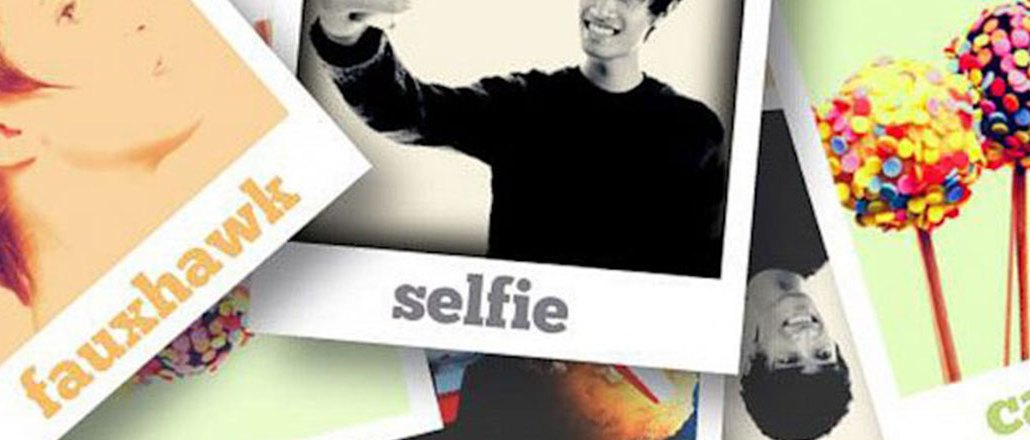
This is our video series Future Craft, where we profile creatives about how they’re adapting their craft and modernizing their technique for our evolving digital world.
Viral slang speak is making its way into our daily conversations. How many times have you used the words “NBD” or “hangry”? Well, if you’re not sure what those words mean — along with “manic pixie dream girl,” “mic drop” or “manspreading” — you can easily look them up in the Oxford University Press online dictionary.
New words are added to the dictionary faster than ever, according to Katherine Martin, a lexicographer and head of U.S. Dictionaries at Oxford University Press. “We can find out about [those new words] because [people] wrote about it on Facebook or they wrote about it on Twitter. It leaves a record.”
Before the digital trail of tweets and status updates, lexicographers had to rely on newspapers, magazines and books to discover new words. As far back as the 19th century, lexicographers would have to look at physical texts, find examples of a word in context, write them down on individual slips of paper, sift through hundreds of those samples and then make a judgment call on the meaning of the word.
This practice wasn’t the most reliable, says Martin. “Sometimes you can’t really tell what the slips of paper say because some people’s handwriting is not terribly legible. They can get lost. So it’s inefficient and dangerous to have collected things in that way.”
Thankfully, that’s all a bygone era now that lexicographers have computers and online databases that scour the Internet for new words. Computers are better and faster at doing the “boring work,” like scanning thousands of examples to find the most common spelling for a new word, Martin says. “We’re able to spend more of our time writing elegant definitions and less of our time doing that drudge work.”
This new tool has allowed lexicographers to quickly discover new words like “on fleek” as well as track the evolving definition of words like “swipe.” Watch our video to find out how.
More in Media

In Graphic Detail: The scale of the challenge facing publishers, politicians eager to damage Google’s adland dominance
Last year was a blowout ad revenue year for Google, despite challenges from several quarters.

Why Walmart is basically a tech company now
The retail giant joined the Nasdaq exchange, also home to technology companies like Amazon, in December.

The Athletic invests in live blogs, video to insulate sports coverage from AI scraping
As the Super Bowl and Winter Olympics collide, The Athletic is leaning into live blogs and video to keeps fans locked in, and AI bots at bay.





